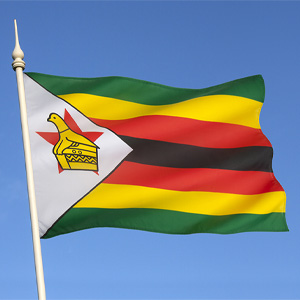The Nyanga District, an isolated, semi-arid and mountainous area in northeast Zimbabwe, was the site for a one-year 5-O pilot project in rural development through women’s clubs. In 1981, the University of Zimbabwe Technology Forum recommended that a development programme be initiated in the area, but with the limited financial support available, the University had difficulty in implementing the programme. Realising that it met their objectives, the Zimbabwe 5-O Committee decided to provide a full-time University field-worker who travelled extensively throughout the region; training women to make bread and soap, to breed poultry and rabbits, to construct mud stoves and to improve their production of traditional crops. The University later found it possible to continue elements of the project.
Sewing courses had been developed, and a flourishing business emerged out of school uniforms. Soap-making had declined, and sanitation provision had been affected by cement shortages. Poultry-rearing was a success story, but rabbit is not a popular food. Wire fence making had become a valuable activity, and typified the diversity of activity that underpins the economic viability of the project.
Short-term projects in the area of Hatcliffe, including commercial sewing, have been established; with household furnishings, and a separate school uniform contract, as an outcome of further training programmes.
This project was completed in August 1999.

